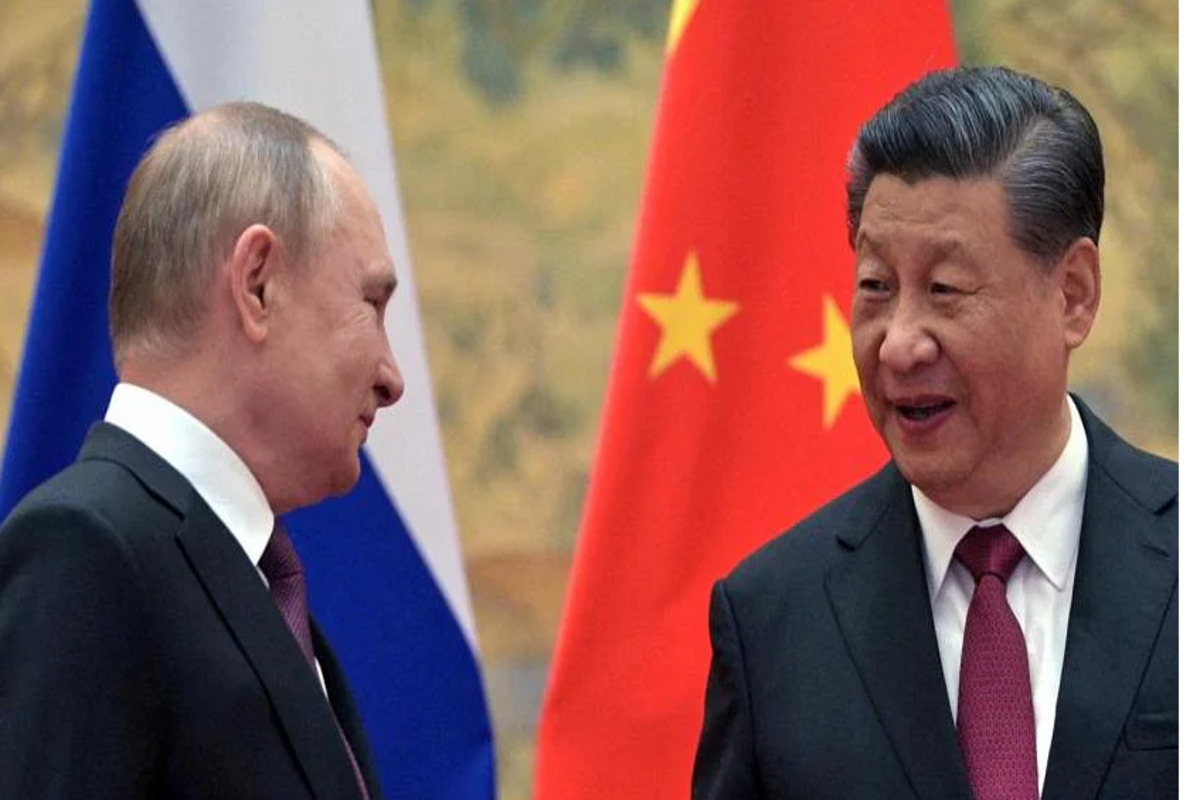The cracks in the ‘bromance’ between the world’s two most powerful, autocratic strongmen President Xi Jinping of China and President Vladimir Putin of Russia that appeared in the aftermath of the Wagner rebellion, the most significant challenge to the latter’s authority in two decades, appear to have widened.
As a consequence, the consternation in Western capitals at the emergence of a Eurasian ‘no limits’ alliance between the People’s Republic of China and the Russian Federation which had peaked in the aftermath of the Ukraine war and intensifying of Sino-US rivalry too seems to be abating somewhat.
Advertisement
While it is early days yet, there are clear efforts being made by Beijing, reciprocated by Washington, to contain their geostrategic rivalry to competition as opposed to confrontation as demonstrated by a series of high level-meetings in recent weeks between the two powers that sought to find common ground on non-contentious issues.
The impulse for these moves, as a recent article in the New York Times by Ryan Hass notes with approval, is that Mr Xi’s big bet on the Russian leader “isn’t looking so safe” as the Kremlin’s war effort appears to be crumbling. The aborted insurrection by the Wagner mercenary group’s chief Yevgeny Prigozhin has exposed Mr Putin’s Russia for what it is: A weakened, unpredictable nuclear state on China’s border, with a wounded leader whose long-term hold on power is not assured, adds the author.
His assessment is that the Xi-Putin bromance has peaked. If that is correct, the PRC’s single-minded ambition to overtake the USA as the world’s most powerful country over the next decade or two will need next-level scenario planning. While the Chinese leadership will be looking at reaching out to potential successors to Mr Putin, the Chinese Communist Party is showing signs of simultaneously advocating building a broader international alliance to oppose the West and its hegemony over international institutions. In this scenario, could India be the trump card?
There is, of course, no question of Delhi abandoning its ever-closer ties with Washington, but if Beijing were to initiate a reasonable and realistic offer to settle the longstanding Sino-Indian boundary dispute, the current Indian animus towards China could be significantly blunted. The economic advantages that would accrue to India in such a situation are not to be sneezed at and, more crucially, a boundary dispute settlement would allow India what economists term the ‘space to grow’.
The USled West can hardly complain if India were to settle its differences with its neighbour to the North while continuing to engage deeply with the USA, Europe, Japan, and other partners including in the Global South. As ever, though, the ball is in China’s court. It is for Beijing to decide if it wants to keep pouring good money after bad in supporting a basket-case of a country like Pakistan, a diminishing power such as Russia, and a madman-run North Korea, or engage meaningfully with a rising India.
President Xi, it can be safely assumed, will act in the Chinese national interest. India, for its part, should not expect an overture from China, but should be prepared to respond to it if it comes to pass keeping its own strategic interests paramount.
